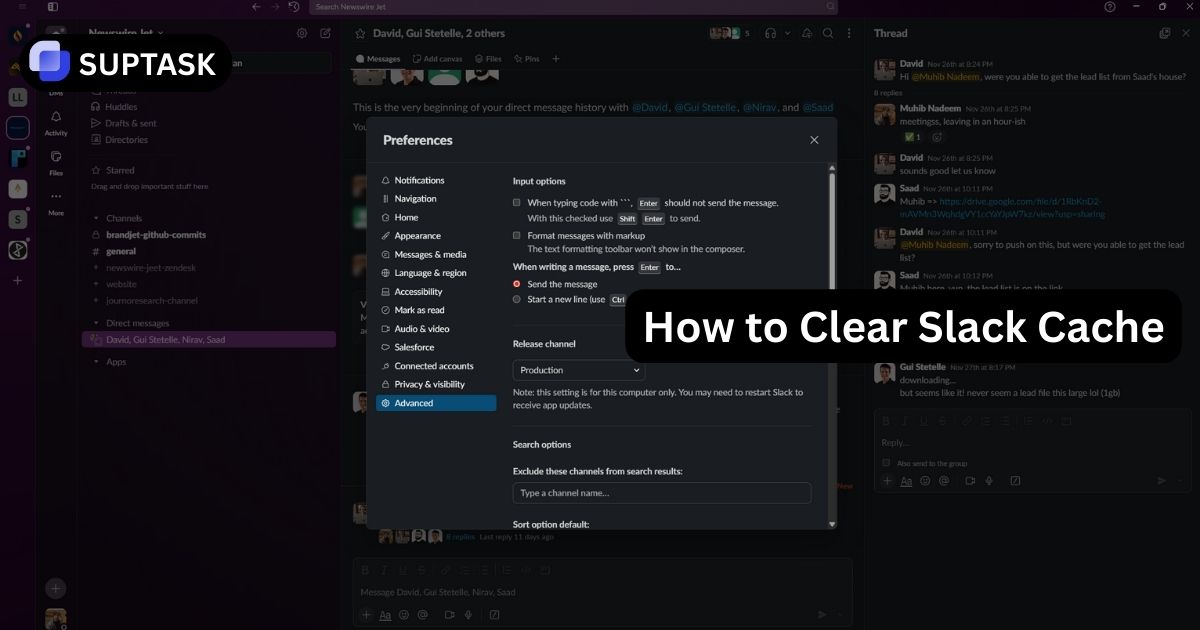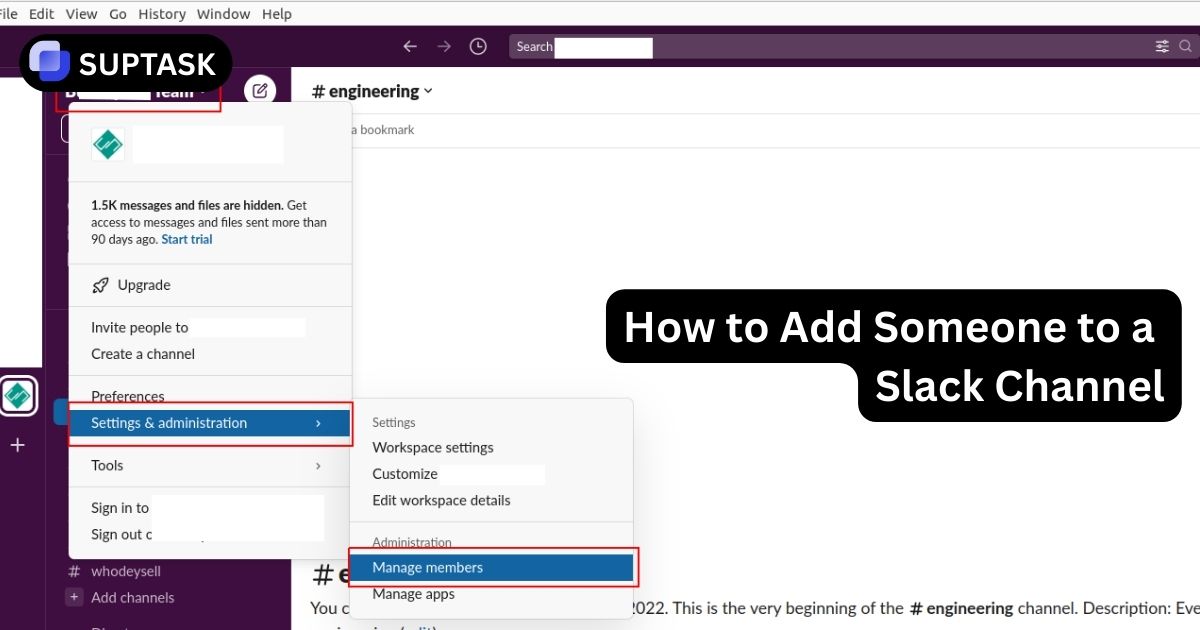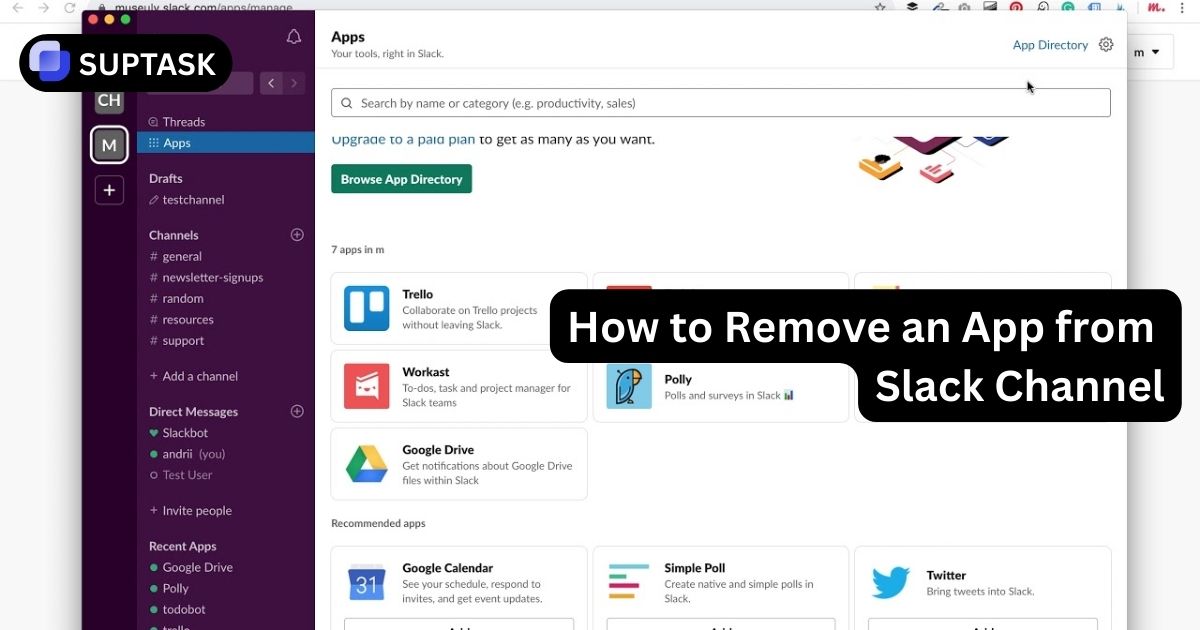Difficulties in project management include ambiguous project specifications, limited funding, and short deadlines.
Acknowledging these challenges is essential to properly tackling them. This conversation examines typical roadblocks and offers solutions.
Key Takeaways
- Delays and miscommunications are avoided with a clear project scope and objectives.
- Alignment and expectation management are ensured through effective communication and stakeholder engagement.
- Tight deadlines, limited budgets, and unforeseen hazards are addressed by realistic scheduling, precise cost estimation, and ongoing risk management.
Poor Communication
.webp)
Ineffective communication can cause miscommunication, misunderstandings, project failure, missed deadlines, and unforeseen costs.
To ensure that everyone in the team is aware of their duties, effective communication is essential to the success of the project. The Project Management Institute states that 56 percent of projects fail due to poor communication.
For effective information exchange, project management tools and well-defined communication channels are essential.
Establishing Clear Communication Channels
A clear communication plan is necessary to ensure project success. Establishing official channels of communication ensures that all parties involved are informed and involved.
Providing external stakeholders with regular updates about the project's status keeps them interested.
Tools like frequent status meetings, review sessions, thorough timetables, and organized reporting systems are necessary to overcome the difficulties caused by geographically dispersed team members and time zones.
Integrity, honesty, and transparency are the cornerstones of a culture that will maintain harmony in remote work environments.
Utilizing Collaboration Software
Software for project management is essential for improving information exchange and collaboration. It facilitates effective conflict resolution within the team and encourages openness throughout the project.
Collaboration software enables asynchronous communication among teams dispersed across multiple time zones, enabling the effective coordination of tasks with precision comparable to that of an organization. It is, therefore, a crucial tool for effective project management.
Upgrade your project management with Suptask, a Slack-integrated ticketing platform. Suptask centralizes issue tracking and task management, enabling real-time team communication and alignment.
By reducing misunderstandings and missing deadlines, this simplified method promotes a more harmonious and effective work atmosphere. Include Suptask as a crucial component of your project management approach.
Unclear Project Scope and Objectives
.webp)
Ensuring a well-defined project scope and objectives is a major difficulty in project management.
Stakeholders may become misaligned in the absence of this transparency, endangering the project's success.
Ambiguity can result in delays and misunderstandings when tasks are not completed effectively. Establishing clear objectives early on shields team performance and senior management support from unfavorable effects.
Well-defined objectives promote proactive management and responsibility. Early and thorough planning ensures a project's seamless transition through its phases.
To increase the chances of obtaining positive outcomes, project management requires strategic task oversight and good communication between teams.
Setting Clear Goals and Objectives
Establishing well-defined goals and objectives is imperative for successfully managing a project and aligning stakeholders and resources.
Clearly defined roles and objectives help teams stay focused on the project's main goals, preventing inefficiencies and even failure.
Setting standards for success is aided by tried-and-true tactics such as SMART (Specific, Measurable, Attainable, Relevant, Time-specific) and CLEAR (Collaborative, Limited scope, Emotional connection, Appreciable milestones, Refinable).
Project managers are better equipped to lead teams and individuals toward successful project completion when they break down large projects into smaller, more achievable tasks and pair them with the right people.
Effective Communication of Scope
Effective communication of the project scope is necessary to avoid misalignment and generate critical buy-in, align stakeholders, and clearly understand duties.
Ineffective communication might cause uncalled-for modifications that deviate from schedules and goals. Collaboration software improves communication effectiveness and ensures the project stays within its set parameters.
Schedule Constraints and Unrealistic Deadlines
.webp)
Tight schedules and arbitrary deadlines are common problems for project managers, which lowers team morale and reduces output.
These stresses may be caused by management, client expectations, market competition, or corporate demands.
Establishing realistic timelines guarantees project success by helping overcome these challenges.
Unrealistic deadlines can cause missed deadlines, frustration on the team, and a drop in quality, which will annoy stakeholders.
Effective project management requires establishing realistic deadlines and having a thorough understanding of team capabilities.
Building Realistic Timelines
Achieving smooth project growth while meeting deadlines and upholding high standards requires creating realistic timetables with distinct milestones and quality benchmarks.
Buffer Time and Contingency Planning
By adding buffer time to project timelines, one may manage unforeseen delays and guarantee on-time completion in spite of challenges.
Workflow continuity is maintained by creating backup plans for probable risks and resource problems.
Minor financial issues are kept from getting worse with proactive budget modifications and regular risk monitoring.
Project managers can lessen the negative effects of schedule limitations and ensure project success and stakeholder satisfaction by establishing realistic deadlines, adding buffer times, and creating contingency plans.
Team Dynamics and Skill Gaps

Team dynamics and skill gaps have a major impact on project performance. To prevent inefficiencies and project failure, skill shortages must be identified and filled.
Regular skill evaluations of team members help identify these deficiencies. Increasing team cohesion within a diverse team in the workspace promotes morale, output, and cooperation.
Project managers are essential in managing disagreements, ensuring team members understand their roles and collaborate effectively, and bringing everyone on board with the project's objectives.
Assembling the Right Team
Forming the appropriate team is essential. Utilizing their networks, project managers must address skill gaps and training needs to guarantee that the right people are assigned to the project.
Roles and responsibilities must be communicated clearly. Project managers should set clear expectations and effective lines of communication while forming teams.
Managerial systems can support performance evaluation and workload distribution, promoting a productive atmosphere.
Continuous Skill Development
Continuous skill development is essential to the success of projects. To keep current, team members require ongoing training via both scheduled and unstructured methods.
Cross-training and on-the-job training are two affordable but efficient ways to develop your abilities.
The development of team competencies heavily relies on coaching and mentoring. Coaching helps team members identify and refine their skills while mentoring transfers knowledge from more experienced team members to less experienced ones.
FAQ
What are the common causes of project failure due to unclear project scope and objectives?
Miscommunication, lack of direction, and team frustration leading to poor quality and failed outcomes.
How can project managers effectively manage stakeholder expectations?
Identify key stakeholders early, engage consistently, and maintain open communication with frequent updates.
What strategies can be used to build realistic project timelines?
Establish milestones, add buffer time, and create contingency plans for delays.
Why is continuous skill development important in project management?
Enhances skills, improves communication, and keeps the team updated with current knowledge.













